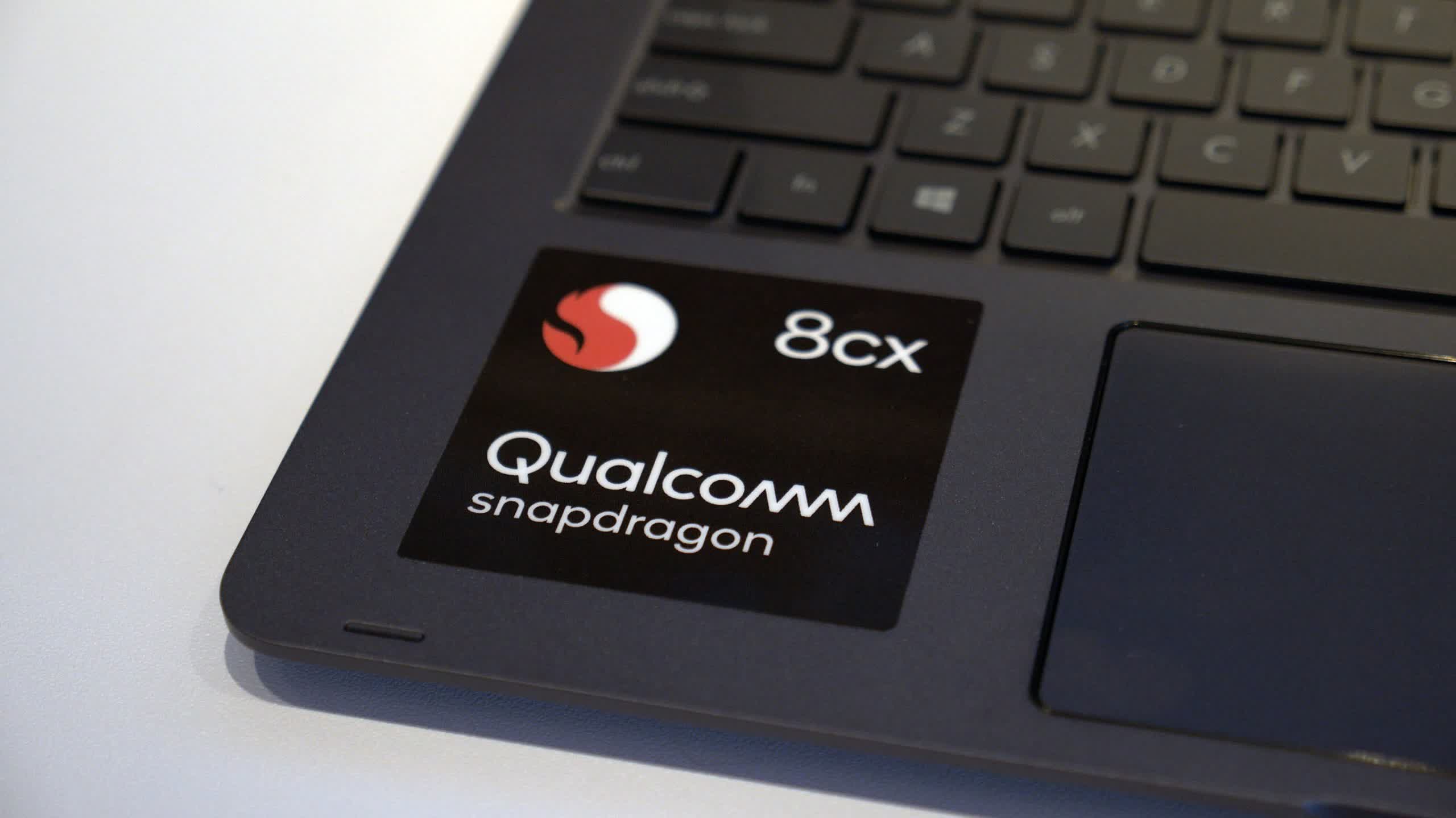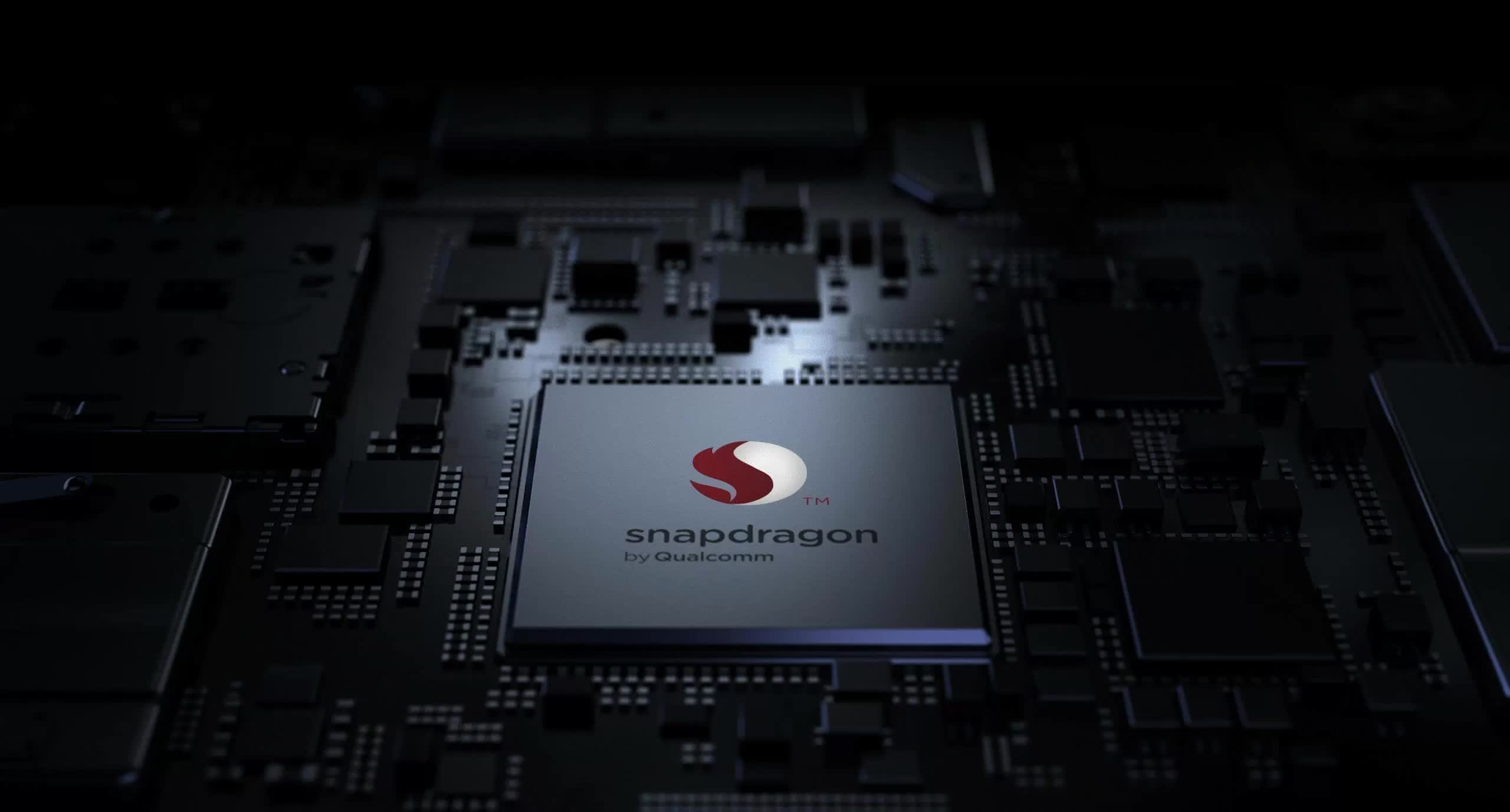In brief: Apple's M1-series chipsets have impressed with their performance and energy efficiency, so much so that Qualcomm is looking to offer a similar solution for Windows laptops. The chipmaker says it expects the first commercial devices powered by this new chip to land in 2023.
MediaTek is slowly eating away Qualcomm's share of the mobile chipset market, but the latter isn't particularly worried about it. Qualcomm is more concerned about making laptop processors that could compete with those made by Intel, AMD, and Apple.
During the Investor Day 2021 event, the chipmaker announced that its next-generation Arm-based SoC is on track to launch in 2023. Dr. James Thompson, Qualcomm's chief technology officer, said the new chip is designed "to set the performance benchmark for Windows PCs" and offer comparable value to that of Apple's M-series chipsets.

Qualcomm's new silicon is being developed by Nuvia, which it acquired earlier this year for $1.4 billion. The Nuvia team is led by three former Apple employees that previously worked on A-series chipsets for iPhone and iPad. Before joining Qualcomm, Nuvia was testing a prototype "Phoenix" CPU core that was supposedly capable of delivering up to two times the performance of the most efficient x86 CPU core for laptops within a power envelope of 4.5 watts.
Competing with Apple's M-series chipsets will also require a beefier GPU. Qualcomm says it will be scaling up its Adreno GPU design to offer desktop-class gaming performance on laptops. The chipmaker also promises sustained performance on battery power, comparable to the Apple M1, M1 Pro, and M1 Max chips.
Qualcomm plans to have samples of the new chip for PC manufacturers sometime next year and expects the first devices powered by it to launch in 2023.
